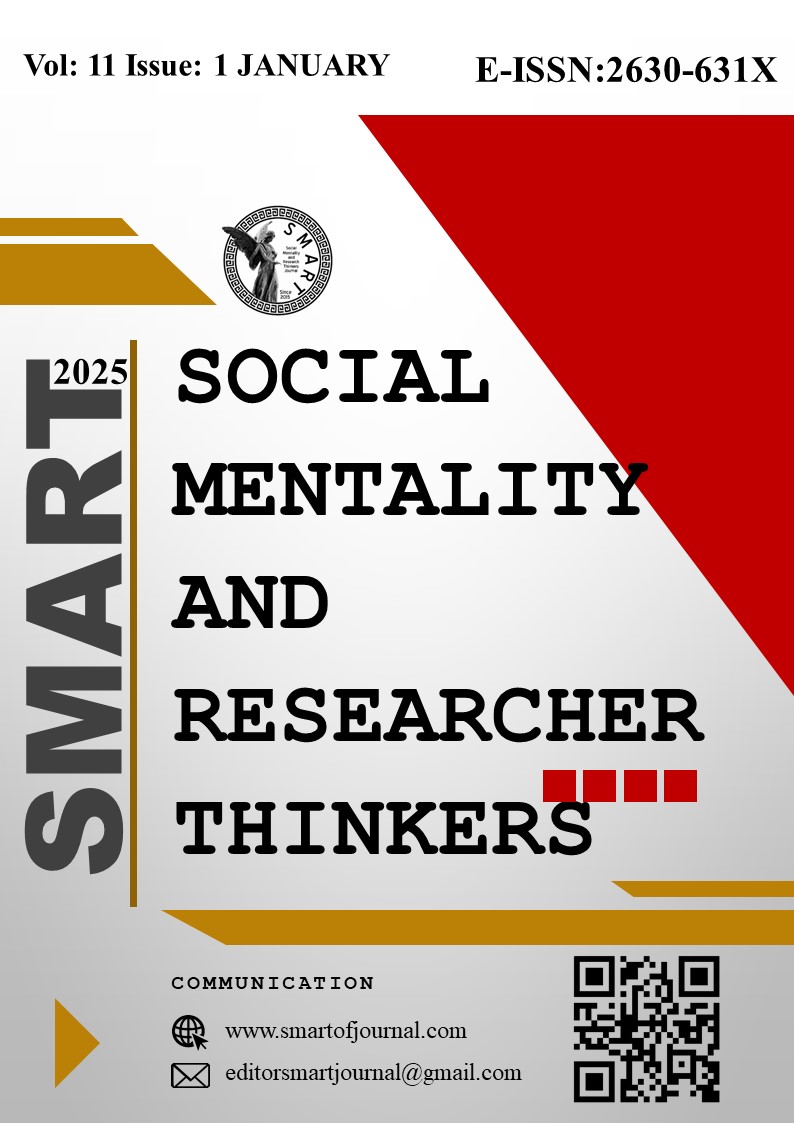Author :
Abstract
Keywords
Abstract
Governance, a management model introduced in discussions of Turkish public administration since the 1990s, emphasizes the participation of all actors in decision-making processes and envisions shared administration. A review of recent literature indicates that local governance has not been sufficiently realized in many municipalities, as participation in decision-making processes remains limited. In this context, the presence, active use, and effectiveness of local governance tools are critical. This study aims to investigate local governance tools in general and specifically to analyze the governance tools utilized by municipalities in Uşak Province, Turkey. It seeks to understand participants' perceptions, knowledge, experiences regarding these governance tools as well as the challenges they face. The research employs a qualitative approach, using semi-structured interviews as the primary method. A total of 18 municipal employees from nine municipalities within Uşak have been interviewed. The interviews explored which governance tools municipalities use in decision-making processes and participants' perceptions of these tools. Data from the interviews have been analyzed using the MAXQDA 2020 software. The analysis has revealed that the variety of governance tools employed differs according to municipality types. Participants reported that the most frequently used governance tools are petitions, personal applications, neighborhood representative meetings, and e-municipality services. Furthermore, they emphasized that personal applications and e-municipality services are the most effective governance tools.





